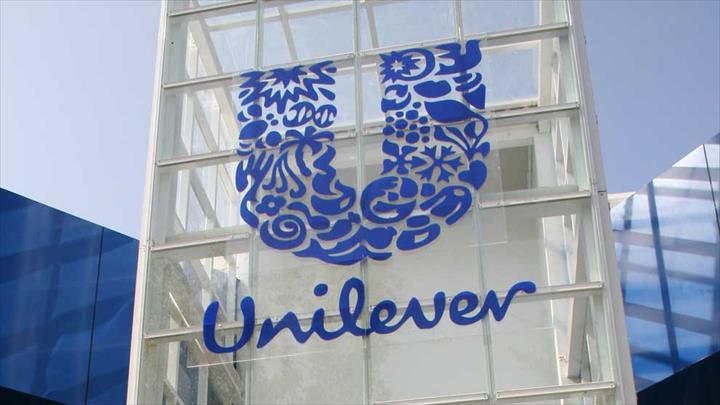By Zion Rufus
Over recent years, the use and avoidance of humor in advertisements have sparked considerable controversy and had both positive and negative impacts.
On one hand, the use of humor in advertising has declined, despite its proven effectiveness in maintaining viewership and grabbing the target audience’s attention. On the other hand, advertisers have learned to tread carefully, recognizing the thin line between what can be humorous and what might be deemed offensive and provocative.
While the untapped potential of emotion in digital advertising suggests that incorporating humor offers a valuable opportunity for advertisers, recent ads featuring puns and provocative copies have reignited debates. These ads leave it to viewers to decide whether they find them funny and creative, or controversial and offensive.
An example is a recent ad from a body care brand with the copy stating, “Dollar is rising, Your body odour shouldn’t.” This play on words subtly addresses the current economic situation in Nigeria, suggesting that the rising dollar and devalued Naira may lead people to work harder, sweat more, and, consequently, require antiperspirants and body odor prevention.
Creative and marketing professionals are divided on whether to view this advertising copy as a clever and humorous way to communicate the brand’s message or as provocative, offensive, and controversial.
In a conversation with MARKETING EDGE, Jolomi Awala, Creative Director at Ogilvy, acknowledges the clarity of the message but sees the potential for some to find it lowkey offensive, while others with a good sense of humor may simply laugh it off.
Regarding the ad as a decent attempt to generate conversation which has obviously achieved its objective, he said “I believe the copy is a decent try to stir some conversation. And I believe that objective has been achieved, seeing that we’re talking about it.”
Wale Adegoke, CEO of Nimbus Media Limited, and Ayodeji Agboola, CEO of Akowe App, find the ad amusing, intriguing, and capable of capturing attention despite its provocative nature.
However, Tobi Adekunle, a marketing executive and co-founder of GrowthSkool UK, expresses concerns about potential sensitivities.
Suggesting that making light of the rising forex rates and Nigeria’s economic challenges could be seen as insensitive, Adekunle said “It might be a bit insensitive, the rising cost of goods is nobody’s joy. You can tweak the same copy without shoving it on people’s throat that life is hard for them. While the ad copy cleverly plays on the concept of the rising dollar and personal hygiene in the country, it’s important to consider potential sensitivities. The rising forex is not the joy of anyone and the poor economic situation of the country also isn’t something we should portray with such trivialities. That’s on a serious note.”
“We can’t downplay the ingenuity of the copywriter here actually, knowing Nigeria is in a temperate region and the people sweat a lot, it might have become difficult for people to buy these body fragrances due to rising costs of consumer goods due to forex, so I’d say it’s a brilliant connection and copy,” he added.
Ized Uanikhehi, CEO of Zedi Africa believes the billboard’s approval by ARCON means it aligns with advertising standards and so it may not be offensive, but it’s “tap dancing on the edge”.
“An ad is meant to grab attention, make the audience take note and remember the brand. On all fronts mentioned here, I would say they passed, people paid attention and took note; whether they found it funny or offensive, the brand will be remembered,” the CEO stated.
“Secondly, in my opinion, a CTA/ offer at the bottom of the design would have been even better. E.g ‘Send a screenshot of this billboard via Whatsapp to this number for a surprise (or a discount)’. Then when people do they automate an engagement that tells them the closest store nearest to them & gives them a 5% discount code to shop at those stores,” she advised.
Meanwhile, Bolaji Alausa, Executive Creative Director of Noah’s Ark, views the ad as a pun on a topical issue and suggests its interpretation may vary, with some finding it offensive and others finding it humorous.
Deeming it creative, he said “It will definitely draw attention.”
Oti Ukubeyinje, Consumer Data Lead for Africa at Diageo, noted that while most deodorant ads mock body odor situations, this ad didn’t strike him as offensive or highly creative. “Most deodorant ads make fun of body odor situations,” Oti remarked, “but I wouldn’t say this one is especially creative. It’s okay and delivers the intended message.”
Ayeesha Omadibi, the CEO of Hustle Africa and convener of the Content Conference, is more concerned about empathy and the need for emotional intelligence in marketing especially given the current economic challenges in Nigeria.
Criticizing the ad’s lack of empathy, she said “The marketing that Nigerians deserve at this time, is empathetic marketing. The copy in the ad above lacks empathy for Nigeria’s current economic challenges.”
Essentially, the debate will continue.
The ad world remains a dynamic space where interpretations of humor, controversy, and creativity can vary widely. And as marketers navigate this rather delicate balance between creativity and sensitivity , the key lies in understanding the diverse perspectives of their audience.
P.S The ad is not real😌







Comment
No comments found.